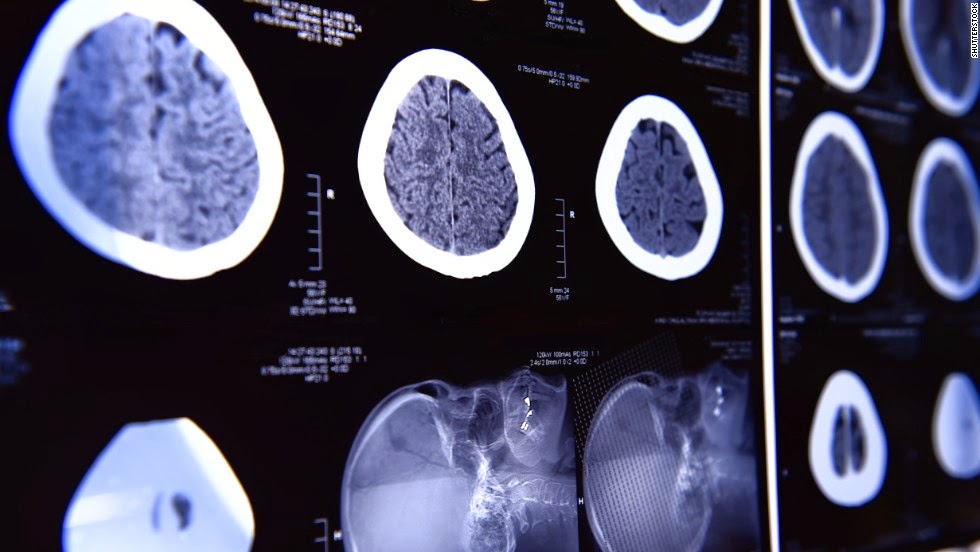Medication: The smart-pill oversell at the Expense of Positive Behavioral Support (PBS) in I/DD Support
Evidence is mounting that medication for ADHD doesn't make a lasting difference to schoolwork or achievement.
Case study:
 |
| Better Outcome with Adjunct PBS |
Ben Harkless could not sit still. At home, the athletic ten-year-old preferred doing three activities at once: playing with his iPad, say, while watching television and rolling on an exercise ball. Sometimes he kicked the walls; other times, he literally bounced off them.
Harkless took Ben to a therapist who diagnosed him with attention deficit hyperactivity disorder (ADHD). He was prescribed methylphenidate, a stimulant used to improve focus in people with the condition.
Harkless was reluctant to medicate her child, so she gave him a dose on a morning when she could visit the school to observe. “He didn't whip through his work, but he finished his work,” she says. “And then he went on and helped his classmate next to him. My jaw dropped.”
 |
| Attention Deficit Disorder: Common Childhood Disorder |
As the drugs have become more widespread, so has their cultural cachet. Stimulant medications have gained a reputation for turbo-charging the intellect. Even news stories critical of their use refer to them as “good-grade pills”, “cognitive enhancers” and “mental steroids”.
For most people with ADHD, these medications — typically formulations of methylphenidate or amphetamine — quickly calm them down and increase their ability to concentrate.
Findings:
- Although these behavioral changes make the drugs useful, a growing body of evidence suggests that the benefits mainly stop there. Studies indicate that the improvements seen with medication do not translate into better academic achievement or even social adjustment in the long term:
- people who were medicated as children show no improvements in antisocial behavior, substance abuse or arrest rates later in life, for example. And one recent study suggested that the medications could even harm some children.
- After decades of study, it has become clear that the drugs are not as transformative as their marketers would have parents believe. “I don't know of any evidence that's consistent that shows that there's any long-term benefit of taking the medication,” says James Swanson, a psychologist at the University of California, Irvine.
- Now researchers are trying to understand why. The answer could lie in sub-optimal use of the drugs, or failure to address other factors that affect performance, such as learning disabilities. Or it could be that people place too much hope on a simple fix for a complex problem. “What we expect medication to do may be unrealistic,” says Lily Hechtman, a psychiatrist at McGill University in Montreal.
Positive Behavioral Support:
Medications alone are inadequate interventions in challenging behaviors in Developmental Disabilities.
Individualized Positive Behavioral Support Program as an adjunct to appropriate psychotropic often result in better outcome.



Comments
Post a Comment